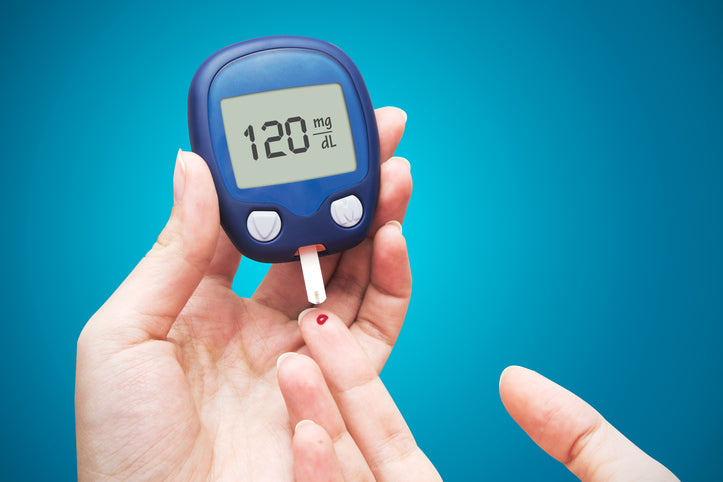
Here are the risk factors for prediabetes which will help you understand some of its plausible causes.
Age: People nearing or having crossed middle 40's need be on guard due to their higher proneness to prediabetes. Weight gain and insufficient exercising during the old age may be responsible for this.
Fasting glucose: Prediabetes means recurrently higher-than-normal blood glucose levels, which are not sufficiently high to qualify as diabetes. Fasting blood sugar levels between 100-125 mg/dl, HbA1c ranging 5.7% to 6.4% and OGTT (after 2 hrs of consumption of glucose) between 140-199 mg/dl can be diagnosed as prediabetes.
Systolic blood pressure: High BP is another major risk factor for prediabetes.
Lipid profile: HDL cholesterol or the 'good cholesterol' below 35 mg/dl or triglycerides above 250 mg/dl indicate increased risk to prediabetes.
BMI: Unhealthy BMI above 25 or excessive fatty tissues in the body, especially around the abdomen cause higher resistance from our cells to insulin, posing increased threat to prediabetes.
Sedentary lifestyle: Inactivity usually results into our body not using up enough glucose as energy and making the cells more insensitive to insulin. A strict weight management is essential to control vulnerability to prediabetes.
Genetics: Diabetes in family history or close kin, such as parents and siblings suffering with the disease, often result into higher incidence of elevated blood sugar levels for other family members.
Gestational diabetes: GDM is a condition when a woman reports high blood glucose levels during pregnancy. Children born of mothers with improperly treated GDM remain at greater risk of being overweight and developing type 2 diabetes, in the long run during their lifetime.
Sleep disorders: Scarcity of sleep and insulin resistance are interconnected. Lack of sound sleep on a regular basis tends to cause greater fatigue throughout the day and induces overeating. On the other hand, profound sleep allows proper regulation of bodily processes by the hormones, such as weight control, appetite, immunity and more.
Further, in case of sleep disorders, such as obstructive sleep apnea, there are increased chances of insulin resistance. A large number of type 2 diabetics suffer from undetected sleep apnea, with blood glucose levels spiking due to further aggravation of sleep apnea. Interrupted sleep patterns pose high risk of prediabetes.

Comments (0)
Back to News